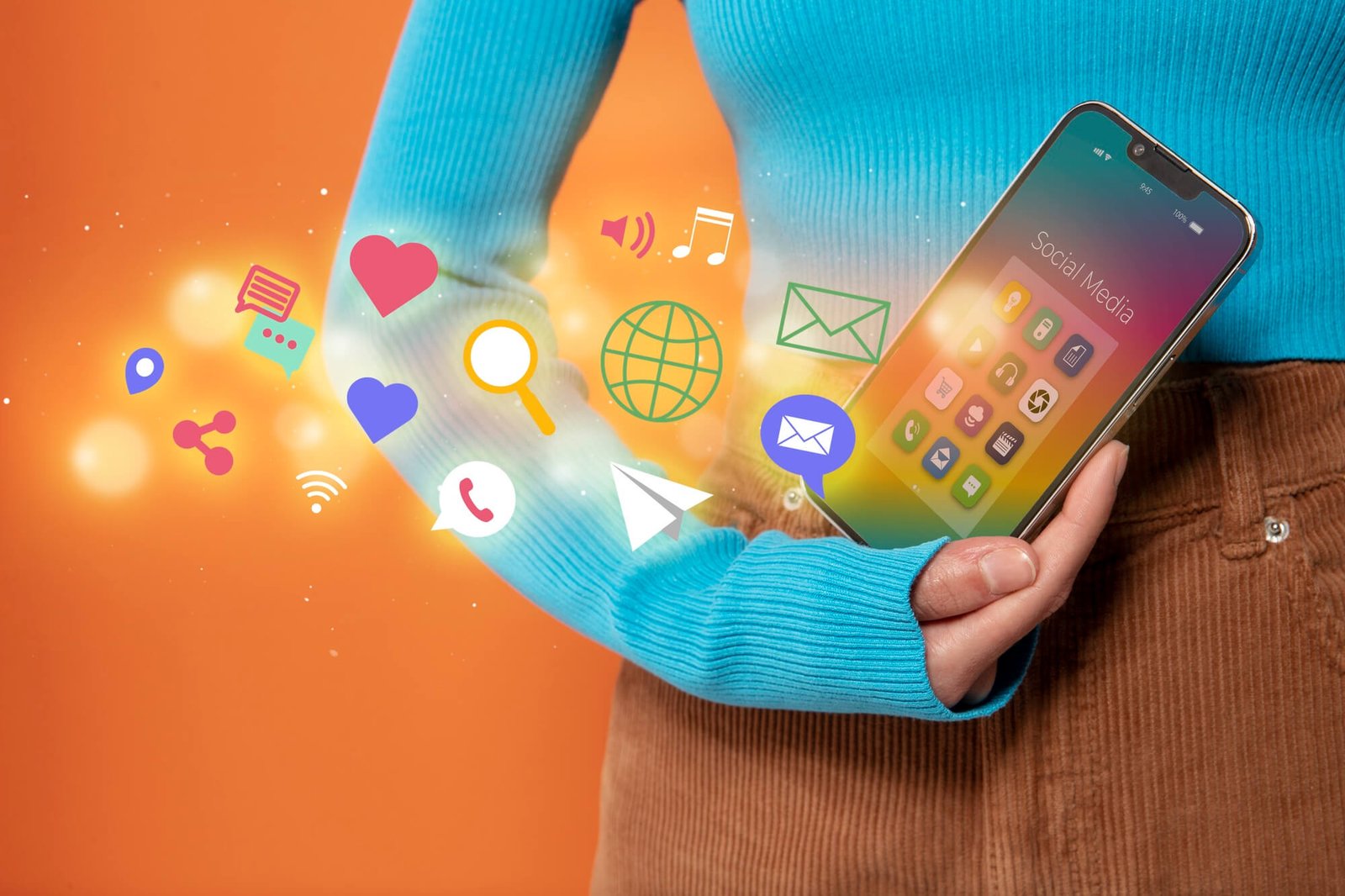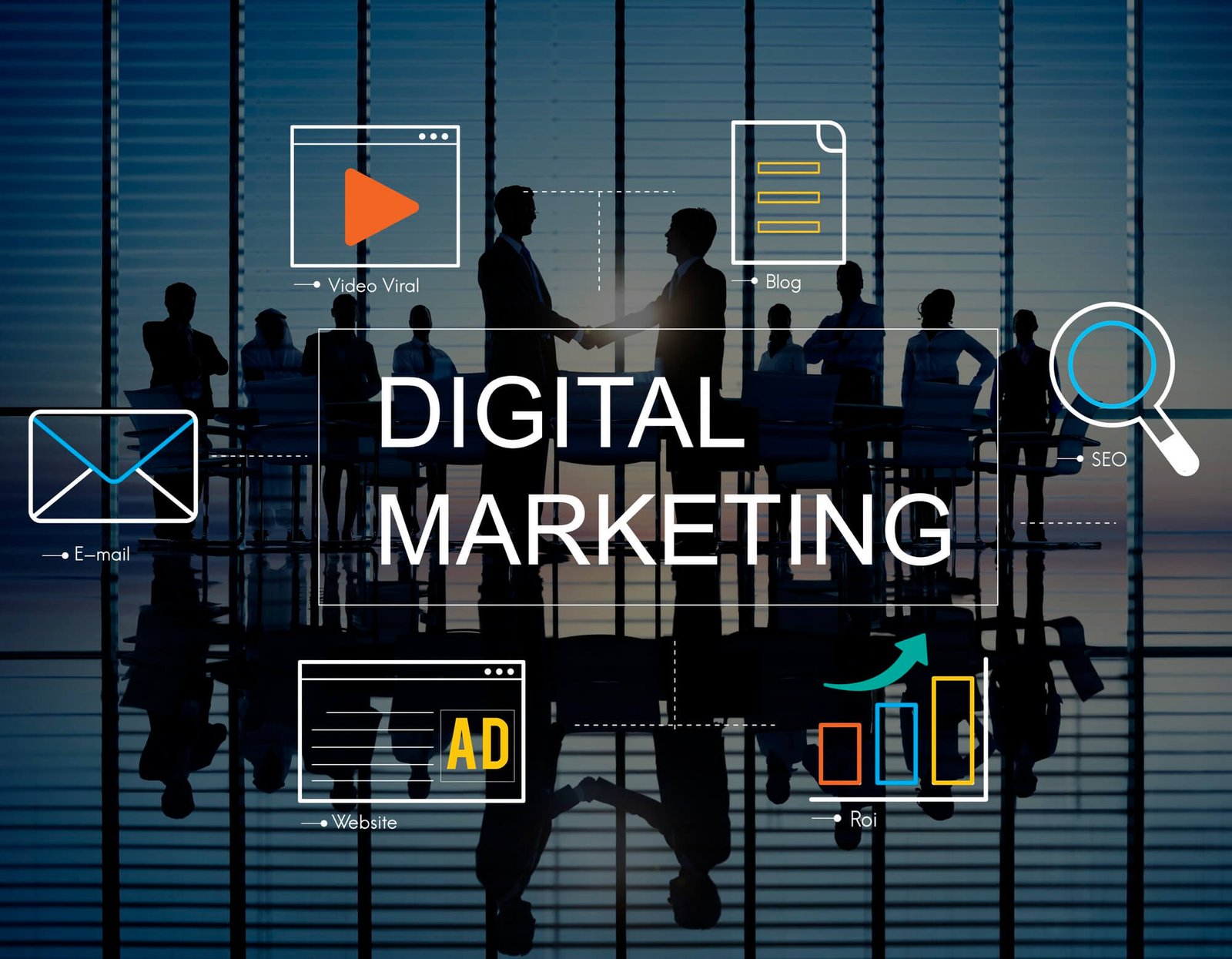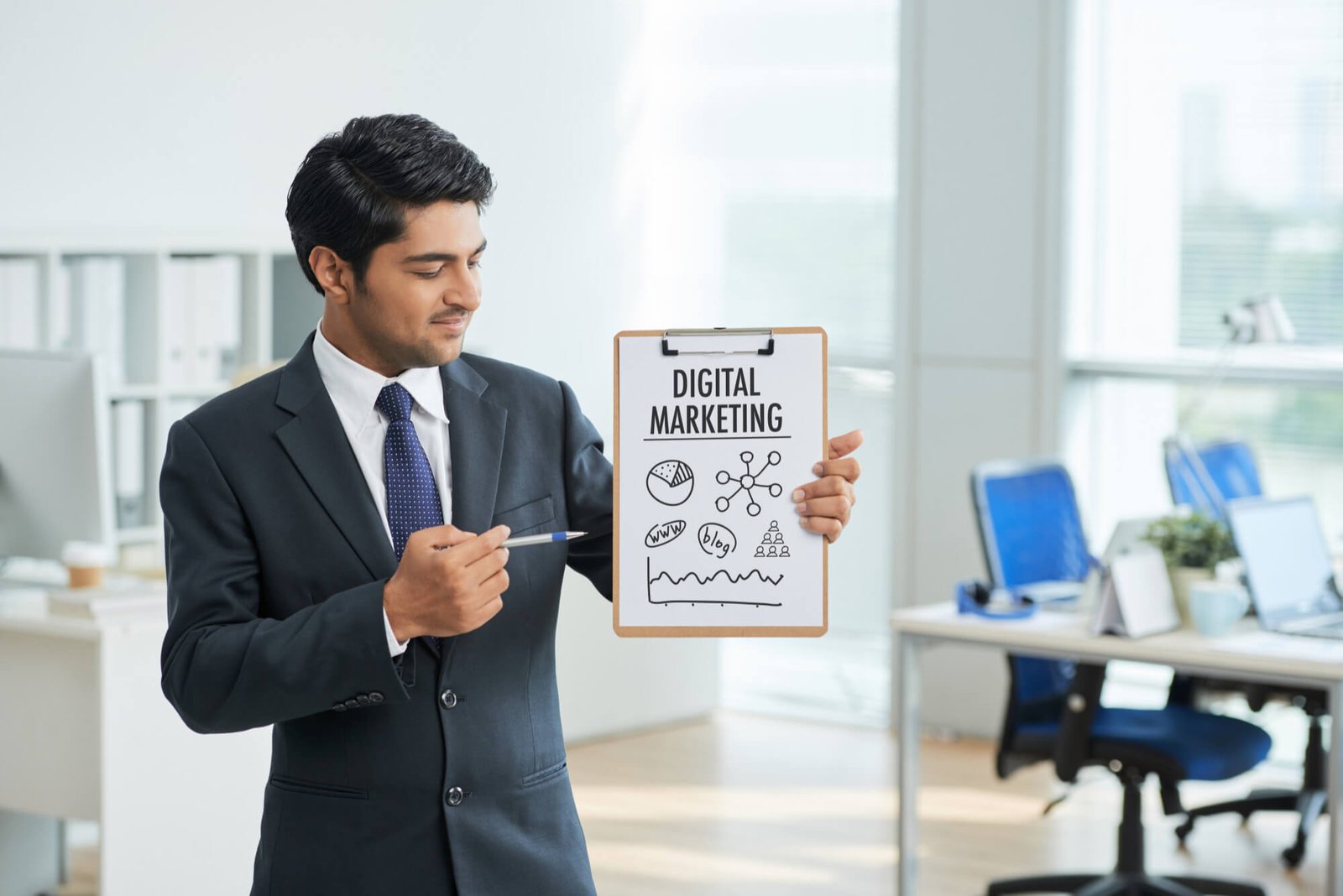In the ever-evolving digital landscape, staying ahead of the curve is crucial for businesses looking to make their mark. As a digital web design agency specializing in branding and website design, we at MHB understand the importance of adapting to new trends and technologies. The future of digital marketing promises exciting opportunities and challenges that will reshape how businesses connect with their audiences.
Key Trends Shaping the Future of Digital Marketing
The digital marketing sphere is continuously transforming, driven by technological advancements and changing consumer behaviors. Here are some key trends that will define the future of digital marketing:
Artificial Intelligence and Machine Learning
AI and machine learning are set to play a pivotal role in digital marketing strategies. These technologies will enable:
- More accurate predictive analytics for customer behavior
- Chatbots and virtual assistants for enhanced customer service
- Automated content creation and curation
- Personalized marketing campaigns at scale
Voice Search Optimization
With the growing popularity of smart speakers and voice assistants, optimizing content for voice search will become increasingly important. This trend will require marketers to:
- Focus on conversational keywords and natural language
- Create content that answers specific questions
- Optimize for local SEO, as many voice searches are location-based
Augmented Reality (AR) and Virtual Reality (VR)
AR and VR technologies are opening up new avenues for immersive marketing experiences. Brands will use these technologies to:
- Offer virtual product try-on
- Create interactive brand experiences
- Enhance storytelling and brand narratives
Personalization and Hyper-Targeting
As data collection and analysis techniques improve, marketing efforts will become increasingly personalized. This will involve:
- Tailoring content and offers to individual preferences
- Creating dynamic websites that adapt to user behavior
- Implementing AI-driven recommendation systems
Video Marketing Evolution
Video content will continue to dominate but with new twists:
- Short-form videos for platforms like TikTok and Instagram Reels
- Interactive and shoppable videos
- Live streaming for real-time engagement
Privacy-Focused Marketing
With growing concerns about data privacy, marketers will need to adapt their strategies:
- Emphasizing first-party data collection
- Implementing transparent data practices
- Exploring cookieless tracking alternatives
Emerging Technologies in Digital Marketing
Several cutting-edge technologies are poised to impact the digital marketing landscape:
Blockchain for Transparency and Security
Blockchain technology can provide:
- Greater transparency in digital advertising
- Enhanced security for customer data
- New ways to reward customer loyalty
Internet of Things (IoT) Integration
The IoT will enable:
- More touchpoints for customer interaction
- Real-time data collection for better insights
- Personalized marketing based on device usage
5G Technology and Its Impact
The rollout of 5G will facilitate:
- Faster loading times for content
- More sophisticated mobile experiences
- Enhanced capabilities for AR and VR marketing
Quantum Computing Potential
While still in its early stages, quantum computing could revolutionize:
- Data analysis and predictive modeling
- Optimization of marketing campaigns
- Cryptography and data security
Changes in Consumer Behavior and Expectations
Understanding evolving consumer behaviors is crucial for future marketing success:
- Shift Towards Mobile-First Experiences
- Responsive design will be more critical than ever
- Mobile-optimized content will take precedence
- Demand for Authentic and Purpose-Driven Brands
- Consumers will gravitate toward brands with clear values
- Transparency and social responsibility will be key differentiators
- Increasing Importance of User-Generated Content
- Brands will leverage customer reviews and testimonials more heavily
- Influencer marketing will evolve to focus on micro-influencers and authenticity
- Rise of Social Commerce
- Social media platforms will become significant e-commerce channels
- Seamless integration of shopping experiences within social content
The Evolution of Content Marketing
Content marketing will continue to be a cornerstone of digital strategies, with some key evolutions:
- Interactive and Immersive Content: Quizzes, polls, and AR experiences will become more common
- Micro-Moments and Snackable Content: Short, impactful content pieces designed for quick consumption
- Data-Driven Storytelling: Using data visualization and infographics to convey complex information
- Voice and Audio Content: Podcasts and voice-optimized content will gain prominence
The Role of Data and Analytics
Data will continue to drive marketing decisions, with a focus on:
- Predictive Analytics for Customer Insights
- Real-Time Data Processing and Decision Making
- Cross-Channel Attribution Modeling
- Ethical Data Usage and Compliance
Challenges and Opportunities for Businesses
As the digital marketing landscape evolves, businesses will face both challenges and opportunities:
Challenges:
- Adapting to rapid technological changes
- Balancing automation with the human touch
- Addressing digital fatigue and information overload
- Navigating complex regulatory landscapes
Opportunities:
- Creating more personalized and engaging customer experiences
- Reaching new audiences through emerging platforms
- Improving marketing ROI through data-driven strategies
- Building stronger, more authentic brand relationships
The Importance of Agile Marketing Strategies
To thrive in the future of digital marketing, businesses must adopt agile approaches:
- Embracing flexibility and experimentation
- Fostering a culture of continuous learning and skill development
- Encouraging collaboration between marketing and technology teams
Case Studies: Innovative Digital Marketing Approaches
To illustrate the potential of future digital marketing strategies, consider these hypothetical examples:
- TechWear Apparel: This clothing brand used AR technology to create virtual fitting rooms, allowing customers to try on outfits from home. The result was a 35% increase in online sales and a 50% reduction in return rates.
- GreenGrocer Market: This local grocery chain implemented IoT sensors to track inventory and customer movement, enabling real-time personalized offers via their mobile app. This led to a 25% increase in average basket size and improved customer loyalty.
The future of digital marketing is bright, dynamic, and full of possibilities. As technology continues to advance and consumer behaviors evolve, businesses must stay adaptable and forward-thinking. By embracing new technologies, focusing on personalization, and maintaining agility in their strategies, companies can position themselves for success in the digital marketing landscape of tomorrow.


